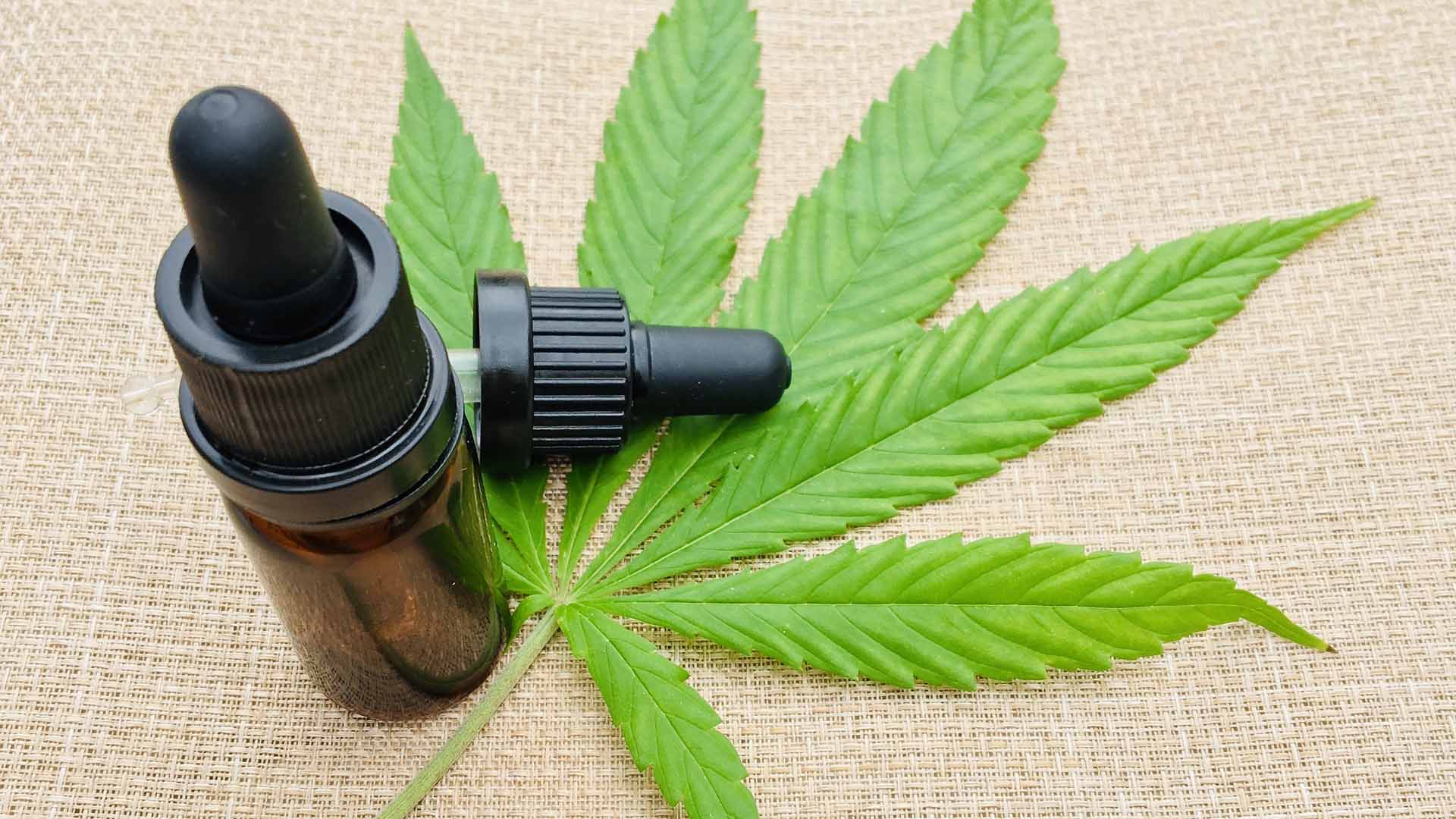Cannabis-induced psychosis is a condition characterized by psychotic symptoms, such as hallucinations, delusions, or paranoia, triggered by cannabis use. Many individuals experiencing or concerned about this condition often ask: How long does cannabis-induced psychosis last? The answer depends on several factors, including the individual’s mental health, the type and amount of cannabis consumed, and their overall health and lifestyle.
How Long Does Cannabis-Induced Psychosis Typically Last?
The duration of cannabis-induced psychosis can vary widely between individuals. However, research and clinical observations suggest the following general timelines:
- Acute Phase:
In most cases, acute symptoms of cannabis-induced psychosis last anywhere from a few hours to a few days. This is typically the case for individuals who experience a one-time psychotic episode linked to cannabis consumption. - Prolonged Symptoms:
For some individuals, symptoms may persist for one to four weeks after discontinuing cannabis use. Those who regularly consume high-potency cannabis or have pre-existing mental health conditions may find that their symptoms last longer. - Chronic Cases:
In rare cases, cannabis-induced psychosis can transition into a more prolonged or recurrent condition, particularly for individuals who develop a substance-induced mental health disorder like schizophrenia. Recovery in such cases may take months, requiring professional treatment.
What Factors Influence How Long Cannabis-Induced Psychosis Lasts?
Several factors can determine the duration of cannabis-induced psychosis:
- Cannabis Potency:
Products with high THC (tetrahydrocannabinol) concentrations are more likely to induce severe and longer-lasting psychosis. - Frequency of Use:
Chronic users may experience extended periods of psychotic symptoms compared to occasional users. - Individual Susceptibility:
Some individuals are genetically predisposed to experiencing psychotic symptoms after using cannabis, which can prolong recovery times. - Underlying Mental Health Conditions:
People with conditions such as bipolar disorder, schizophrenia, or a family history of mental illness are at greater risk for prolonged psychosis. - Timeliness of Treatment:
Prompt medical intervention can help reduce the duration and severity of symptoms.
Recovery
For most people, stopping cannabis use leads to the gradual resolution of symptoms within one to four weeks. However, recovery is not always linear, and some individuals may require longer periods to regain full mental clarity, especially if they had heavy cannabis use habits or underlying vulnerabilities. Early intervention with therapies like cognitive-behavioral therapy (CBT) or medication can accelerate recovery and prevent relapse.
Treatment Options
Addressing cannabis-induced psychosis often involves a combination of approaches to manage symptoms and support long-term recovery:
- Immediate Abstinence:
Stopping cannabis use is the most critical step in resolving psychotic symptoms. Continuing use, even in smaller amounts, can prolong the episode or cause it to recur. - Medical and Psychiatric Care:
Antipsychotic medications may be prescribed to manage severe symptoms, such as hallucinations or paranoia. A healthcare provider will tailor treatment to the individual’s needs. - Therapy and Rehabilitation:
Individual counseling or group therapy can address underlying issues related to cannabis use and psychosis. Programs focused on dual diagnosis can be particularly beneficial for those with co-occurring mental health disorders.
Preventiion
For those concerned about the potential for psychosis, taking preventive steps is crucial:
- Avoid high-THC cannabis products, as they are linked to a higher risk of psychotic episodes.
- Limit or abstain from cannabis use, especially if you or your family members have a history of mental health conditions.
- Pay attention to warning signs, such as increased paranoia or unusual thoughts, and seek help early if these occur.
Conclusion: How Long Does Cannabis-Induced Psychosis Last?
Cannabis-induced psychosis typically resolves within a few days to several weeks after discontinuing its uses. However, the exact duration varies based on individual factors such as usage patterns, mental health, and the potency of the cannabis consumed. If symptoms persist or worsen, seeking professional medical care is essential. Understanding the condition and its timeline is the first step toward effective management and long-term recovery.


Leave a Reply